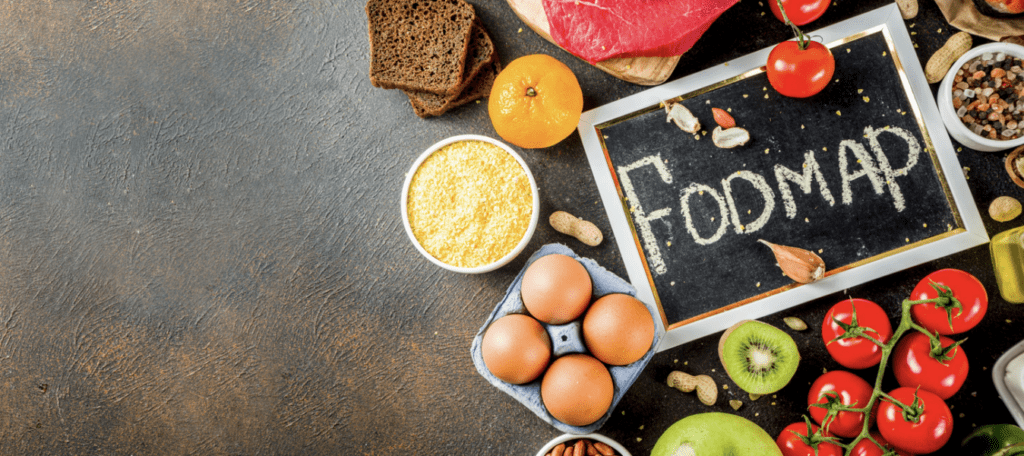A scientifically proven method for dietary treatment of bloating: What does the FODMAP diet do?
FODMAP is not a fad diet, but a clinically proven, effective dietary method that can alleviate the symptoms of irritable bowel syndrome (IBS) by up to 74-86%, the Hungarian Dietitians’ National Association points out in its latest newsletter. The diet, developed by Monash University in Australia, is based on a reduced intake of fermentable, poorly absorbed carbohydrates (FODMAPs), which can cause bloating, diarrhea, and abdominal pain.
 The diet consists of three stages: initially, it excludes foods high in FODMAPs, then maps individual sensitivity with a gradual reintroduction, and finally develops a long-term, personalized diet. The method is not based on exclusion, but on smart substitution: oranges can be added to the diet instead of apples, and chives can be added instead of garlic.
The diet consists of three stages: initially, it excludes foods high in FODMAPs, then maps individual sensitivity with a gradual reintroduction, and finally develops a long-term, personalized diet. The method is not based on exclusion, but on smart substitution: oranges can be added to the diet instead of apples, and chives can be added instead of garlic.
The FODMAP diet can be effective in treating IBS, inflammatory bowel disease, SIBO, endometriosis, and infantile colic (if the mother follows the diet). However, it is important to follow a specialist diagnosis and dietitian guidance.
More details and recipes: www.mdosz.hu | facebook.com/teritekenazegeszseg
Related news
Health is decided at the family table – dietitians show the everyday application of the SMART PLATE® nutritional recommendation
🎧 Hallgasd a cikket: Lejátszás Szünet Folytatás Leállítás Nyelv: Auto…
Read more >Related news
Ham seasons: the bad, the better and the good (?)
🎧 Hallgasd a cikket: Lejátszás Szünet Folytatás Leállítás Nyelv: Auto…
Read more >The Year of the Horse – Culinary trends in 2026
🎧 Hallgasd a cikket: Lejátszás Szünet Folytatás Leállítás Nyelv: Auto…
Read more >








